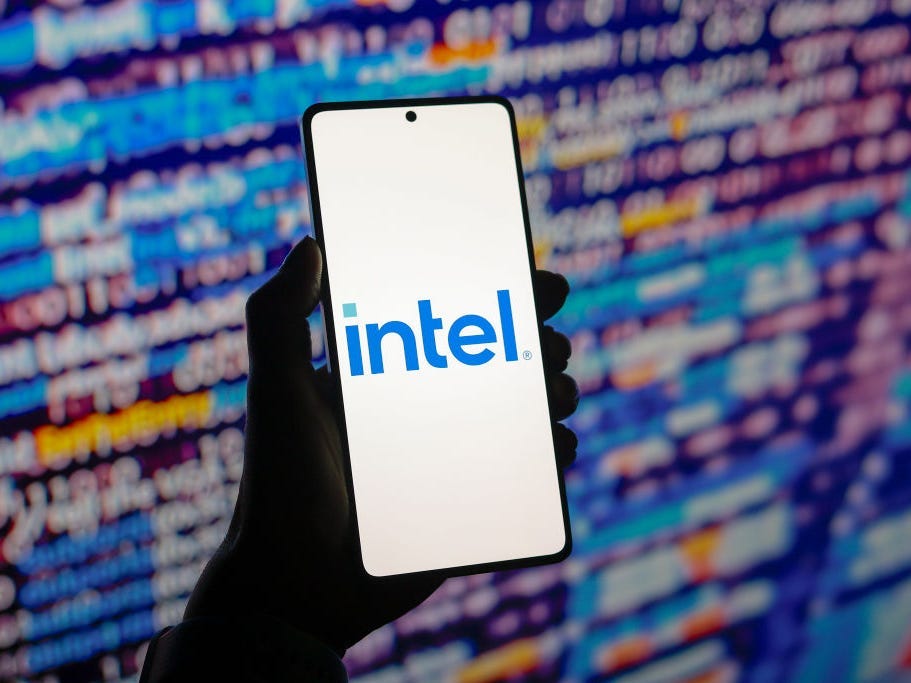Intel Corporation has secured $7.9 billion in federal grants from the Biden administration as part of the CHIPS Act, which aims to strengthen the semiconductor industry in the United States. The announcement was made by the U.S. Department of Commerce and marks a significant investment, albeit $600 million less than the preliminary $8.5 billion initially suggested by President Biden in March. This reduction is attributed to Intel’s prior $3 billion grant for military chip production, indicated by government officials. The first distribution of funds is anticipated to exceed $1 billion before the year ends, with Intel expected to use these funds to expand its semiconductor manufacturing capabilities across the country.
The CHIPS Act, designed to enhance domestic semiconductor production, has garnered attention amid political debates surrounding U.S. technology policy. President-elect Donald Trump has previously criticized the Act, favoring tariffs as a means to boost semiconductor manufacturing on American soil. His administration’s stance has spurred the Biden administration to expedite the finalization of grant distributions, ensuring that funding is available to companies like Intel before the transition of power occurs. The administration aims to demonstrate a commitment to reshoring critical technology production while addressing challenges posed by global supply chain disruptions.
Intel’s substantial federal investment is intended to bolster the company’s input into semiconductor manufacturing while reflecting a broader strategy to revitalize the U.S. semiconductor industry, which has faced mounting pressures in recent years. According to U.S. Secretary of Commerce Gina Raimondo, Intel’s investments across various states such as Arizona, New Mexico, Ohio, and Oregon will significantly boost American innovation. The strategy is seen as crucial not only for economic growth but also for national security, as reliance on foreign semiconductor production remains a concern for policymakers in Washington.
Despite these promising developments, Intel has struggled significantly in recent months, with its share price plummeting nearly 50% year-to-date. The company has incurred billions in losses and has had to implement layoffs as part of its restructuring efforts. Market analysts have noted the challenges facing Intel, prompting speculation about potential acquisitions. A report highlighted interest from Qualcomm in acquiring Intel, but discussions around this takeover have reportedly cooled due to various complications, suggesting a volatile market for semiconductor companies amidst a rapidly changing technological landscape.
Intel’s CEO Pat Gelsinger has expressed confidence in the enduring bipartisan support for the semiconductor industry’s revitalization, viewing it as a critical aspect of America’s long-term economic agenda. He noted that investments like those coming from the CHIPS Act are essential for restoring U.S. leadership in technology and manufacturing. While there is significant support for revitalizing domestic production, the execution and underlying challenges of such investments will need to be monitored closely to measure their impact on the industry.
As the semiconductor landscape evolves, the infusion of federal funding through the CHIPS Act is poised to play a pivotal role in shaping the future of companies like Intel and the broader U.S. tech ecosystem. With robust investments planned, the focus will be on how effectively these funds will translate into enhanced production capabilities and innovation. Ensuring the long-term sustainability of these efforts will be essential as challenges like competitive international markets and fluctuating demand necessitate adaptability in the U.S. semiconductor sector.

